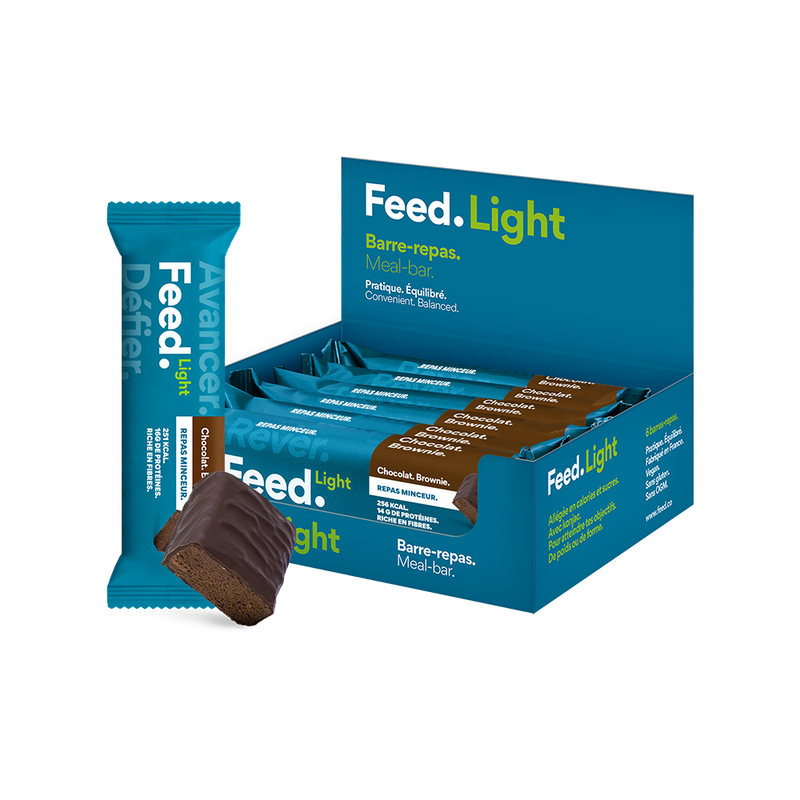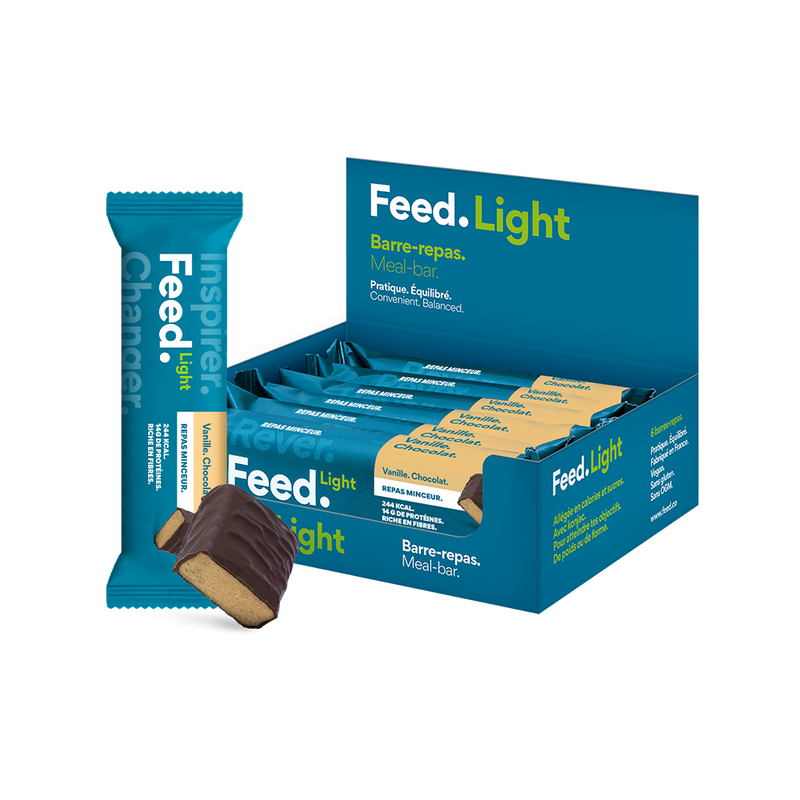When embarking on physical activity to achieve your sporting goals, it is essential to set clear and realistic goals. In this article, we will present our advice to you for achieving your sporting goal. Find out how to set a sports goal, optimize your sports training, adopt a suitable diet and stay motivated to maximize your success in losing weight and achieving your goals.
What is a sports goal?
A sports goal is a specific goal that you set for yourself in the field of sports practice. It is a clear, defined goal that you aim for to improve your athletic performance, achieve a particular fitness level, or accomplish a specific athletic achievement.
Here are some examples of sports goals:
- Run a marathon in under 4 hours by the end of the year.
- Do 50 consecutive push-ups within six months.
- Lose belly fat: 2 cm waist circumference.
- Lose 10 pounds within three months by following a diet and exercise program.
- Improve your flexibility by stretching every day for 30 consecutive days.
- Learn to swim crawl over a distance of 500 meters within two months.
Why set a sporting goal?
Setting a sporting goal has many benefits, both physically and mentally. Here are some reasons why fitness goals are important:
- Motivation: Sports goals provide a constant source of motivation. They give you a reason to work out regularly and stay committed to your exercise program.
- Performance Improvement: Setting specific goals helps you focus on improving your skills and performance. It pushes you to work hard to achieve those goals.
- Self-improvement: Sports goals encourage you to step out of your comfort zone and push your limits. They inspire you to try new things and take on harder challenges.
- Measuring Progress: Goals provide a way to measure your progress over time. You can see how you are improving by tracking your performance and comparing your results to the goals you set for yourself.
- Self-confidence: Achieving fitness goals can boost your self-confidence. Every time you achieve a goal, it reminds you that you are capable of achieving important things.
- Physical health: Fitness goals can help improve your physical health by encouraging you to maintain a regular exercise routine. This can help prevent certain diseases and maintain a healthy body weight.
- Mental health: Regular exercise combined with the pursuit of sporting goals can have positive effects on your mental health. It can reduce stress, anxiety and depression, while improving your mood and overall well-being.
- Socializing: Setting fitness goals may lead you to join fitness teams or groups, which can promote socializing and strengthening relationships with other people with similar interests.
- Structure and discipline: Setting fitness goals can help you build structure into your daily life. You will need to plan and organize your time to achieve your goals, which can strengthen your discipline.
- Pleasure and passion: When you set sporting goals related to an activity that you really enjoy, it can strengthen your passion for sport. You will be more inclined to persevere and continue having fun doing your favorite activity.
How to achieve your sporting goal?
-
Set a specific, measurable and achievable weight loss and exercise goal
To maximize your chances of success in losing weight and achieving your sports goals, it is essential to define a clear and precise sports goal. Set yourself a measurable goal, for example "I want to lose 5 kilos within three months" in order to get closer to your sporting goal and your ideal weight. Make sure your goal is achievable and realistic, taking into account your current weight, fitness level, and overall body health. Sports goals are formulated to be measurable, achievable, relevant and time-bound, often abbreviated under the acronym SMART:
Specific: The objective must be specific and well defined. For example, instead of saying "I want to get in better shape," it's better to say "I want to run a half marathon in less than two hours."
Measurable: You must be able to quantify or measure your progress toward the goal. This will let you know when you have reached it. For example, if your sporting goal is to lose weight, you can define a specific number of kilos to lose.
Achievable: The goal should be realistic and achievable based on your abilities, your current fitness level and the time you have to train. It should not be too ambitious or out of reach.
Relevant: The goal must have personal meaning for you and be consistent with your values and interests. It must be important to you, which will motivate you to work towards it.
Time-bound: Set a deadline or period of time to achieve your goal. This will help you stay focused and avoid procrastinating.
-
Plan your sports workouts
Once you have defined your goal, it is time to plan and implement your sports workouts. Create a training program that combines cardiovascular, endurance (running, cycling, swimming, etc.) and muscle strengthening exercises (HIIT, strength training, climbing, etc.) to maximize your energy expenditure, burn fat and improve your performance sports. Plan regular training sessions and try to maintain them as much as possible to progress towards your sporting goal and lose weight for example.
-
Adopt a healthy diet adapted to weight loss and achieving your sporting goal
A balanced diet adapted to your body and your goals is essential. Consume nutritious foods rich in fiber, lean protein and good fats to support your weight loss and optimize your athletic performance. Avoid processed foods high in added sugars and saturated fats, which can hinder your weight loss progress and athletic performance. Consult a nutritionist if necessary for personalized advice based on your specific weight loss needs and fitness goals.
At Feed. we have meals balanced in micro and macro nutrients to support you in your sporting goal.
-
Overcome obstacles and maintain your motivation in your weight loss and achievement of your sporting goal
Find ways to motivate yourself, such as playing sports with a partner, doing group lessons with a teacher, tracking your progress or rewarding your small sporting victories. Identify potential obstacles to your motivation and find strategies to overcome them to stay focused on your fitness goals. Achieving your fitness goal can take time. It is therefore important to be patient and persistent. Doing sport requires rigor and regularity.
-
Track your weight loss progress and adjust your strategy if necessary
Keep a diary to track your diet and sports activity, take your measurements and carry out regular weigh-ins to measure your weight loss results and track your sports performance. If you find that you are not progressing as expected, adjust your exercise program or diet accordingly. Consult a healthcare professional or fitness coach if you need additional advice to optimize your weight loss goals and athletic performance.
In summary.
Finding and achieving your weight loss, fitness or other goal through sport requires determination, discipline and a strategic approach. Whatever your goal, by defining a specific objective, planning your sports training, adopting a suitable diet and a suitable lifestyle, maintaining your motivation and monitoring your progress, you maximize your chances of success in your weight loss and the achievement of your sporting goals. Ask for advice from a sports coach or a nutritionist to help you achieve your goal through a suitable diet and sports activity.






















